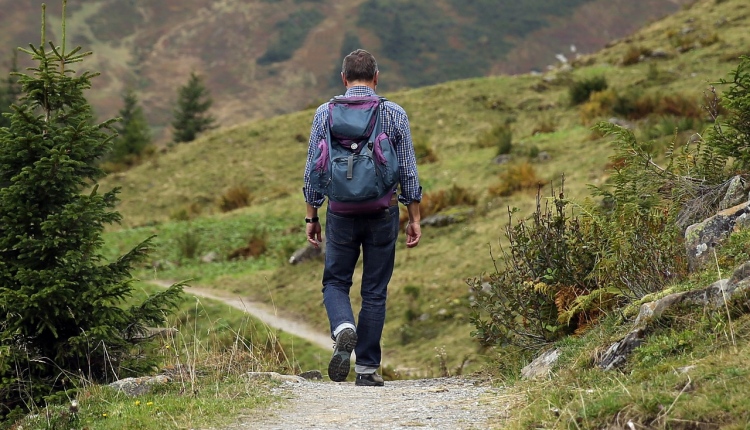Beginner’s Guide to Hiking
There are a lot of people out there who find hiking to be a particular passion of theirs and the reasons behind this are quite numerous. This ranges from lower stress levels and improved mood that comes with it, all the way to various health benefits. These health benefits are lower blood pressure and cholesterol levels, as well as the improved bone density, which might start being a bigger and bigger factor once you start growing older.
Also, it’s one of the simplest, easiest ways to maintain a healthy body weight and further reduce your body fat. A different trail also provides a hiker with a completely new and unique hiking experience, which keeps things interesting even after years and years of hiking. With that in mind and without further ado, here are several things you need to know if you plan to try out hiking for yourself.
1. Choosing the right trail
The first thing you need to do when you decide to try hiking is to find the right trail. First of all, you need to look for the proximity of the trail in question, seeing as how travelling half the country for your first attempt at hiking may not be the best of ideas. Second, look for a hiking companion amongst your friends and acquaintances. This makes the track more fun, as well as a lot safer. If that is the case, however, you also need to consult them when choosing the trail. Finally, find something that’s matching your fitness level. Be honest and realistic here, otherwise, this experience won’t be as pleasant.
One more thing you should do before heading out is to do a bit of research on the trail in question. Namely, in the age of the internet, chances are that the trail will have its own thread on a forum somewhere and here you can read comments, even reviews, that might just help you realize what you’re getting into.
2. Get the right gear
The next thing you need is the essential hiking gear that you shouldn’t embark on the trail without. First of all, you need a map, an old-school map alongside a compass. These traditional means of navigation are important due to the fact that there may be some parts of your trail where you won’t have access to the internet. You also need to wear some spare warm clothing since you never know what may occur on the road. Aside from this, you need a first aid kit, a handheld torch and some matches. Those who plan to make this into a trip that’s longer than a day might want to start looking for some camping tents of suitable size, material and durability.
3. Dressing for the occasion
Perhaps the most important thing of all is for you to get some quality hiking boots or shoes. Due to the fact that you’ll be constantly walking, the quality of your footwear is the key to keeping your feet safe. Other than this you need to wear some comfortable socks, dry-fit clothes, as well as pack a raincoat, sunglasses, gloves and a hat in your backpack (just in case). Keep in mind that, out there, you can only rely on what you have on you, which is why properly packing may be the factor that will make or break the success of your trip.
4. Prepare yourself physically
Previously we’ve talked about your level of preparedness and even if you consider yourself to be fit, hiking might still be a challenging physical test. Namely, distances travelled here are probably greater than what you’ve used to and unlike with running on the treadmill or jogging around the neighbourhood the terrain is going to be uneven and unpredictable. This means that you need to intensify your training in days and weeks prior to this hiking endeavour.
5. Take some safety measures
The last thing that we need to discuss is the one of safety and this is a topic that we’ve already mentioned several times throughout this post. Travelling in a company, preparing for offline situations and having a first aid kit on you are just some steps that can improve your immediate safety. Other than this, make sure that you’re on the grid for as long as you can, as well as that someone knows your itinerary, just in case. This will help make you considerably safer while out there, even though the best thing for you to do, at least for your first hike, is to go with an experienced group.
In conclusion
Sure, there’s a lot more to hiking than just these five factors but it’s never good to present too many information to absolute beginners. You see, being overwhelmed with information is usually something that may intimidate them into quitting, which is definitely not a good thing. Once you’ve successfully completed your first hike, you’ll be ready to further improve this system.

